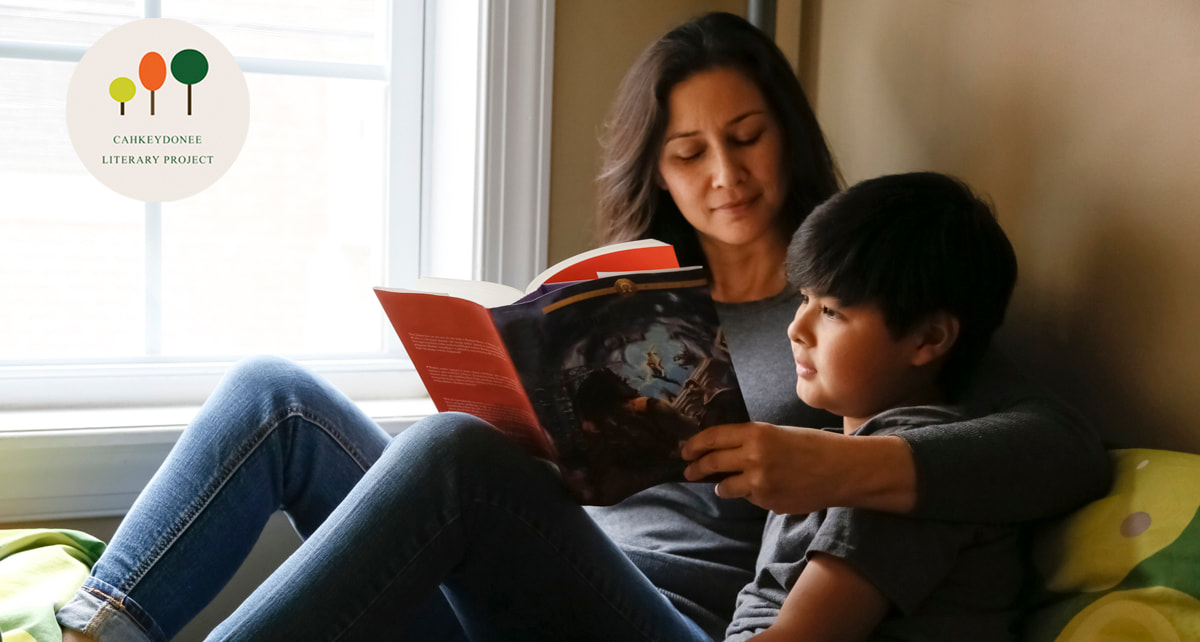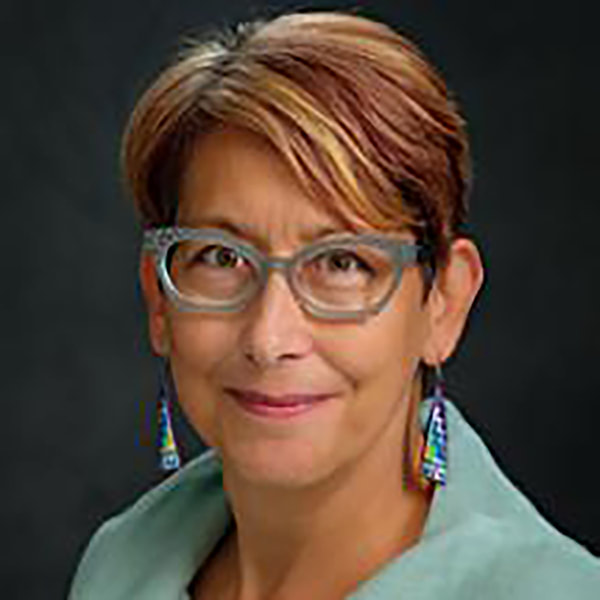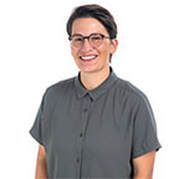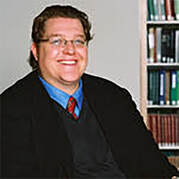About Our Director
|
Shelby Settles Harper is a contract attorney for the federal government, working in the area of civil rights and civil liberties. She’s also a fiction writer whose work can be found at shelbysettlesharper.com. A citizen of the Caddo Nation of Oklahoma, Shelby believes in the power of books to change lives.
|
About Our Advisory Board
|
Christina is an Indigenous woman of Oneida and European descent. She has a J.D. from Arizona State University Sandra Day O'Connor College of Law's Indian Legal Program. Christina did her undergraduate studies at San Francisco State University where she specialized in Sociology, Social Psychology, and American Indian Studies. She is a lawyer licensed to practice in Washington State where she is a member of the Indian Law Section.
Christina has 20 years of experience in the delivery of social services and advocacy for children and their families in both Canada and the United States and has many years of executive leadership experience in Indigenous child welfare. Christina has been an independent consultant since 2005 where she provides training and curriculum development in child welfare, violence against women, and the Indigenization of Justice and Public Safety among others. Christina received the Bonnie Heavy Runner Victim Advocacy Award for her work in service of Indigenous victims of crime in 2016. In addition to having professional experience supporting families, she is a former foster parent and the adoptive parent of two teenage girls from care. Christina is also the mother of a Marvel super-fan and the step-mother to two adult children living in California. Christina enjoys NFL football, traveling and camping with her family. |
|
Dr. Lindsey Marvel lives in Tulsa, Oklahoma and is a full time telehealth optometrist for Visionworks New York and a consultant for the Seva Foundation’s American Indian Sight Initiative Program (AISI) in Berkeley, California. Dr. Marvel earned a B.A. in Art from California State University, Long Beach in 2004. She went on to complete post-baccalaureate pre-optometry studies at the University of Oklahoma before earning her Doctor of Optometry degree from Indiana University in 2012 where she was an Indian Health Service health professions scholar. During her optometric career she worked at Santo Domingo Pueblo Health Center in New Mexico and Cass Lake Indian Hospital receiving the Bemidji Indian Health Service Unit’s Area Director’s Award for Exceptional Performance and National Center for American Indian Enterprise and Development’s Native American 40 under 40 award. She also appeared on Here and There with Dave Marash (KSFR-FM New Mexico), to discuss patient barriers to eye care in Native American communities. Her passion is teleoptometry as she believes this is the key to improving patient access and preventing blindness worldwide.
|
|
Ron J. Whitener graduated from the University of Washington Law School in 1994 and worked as a tribal attorney for the Squaxin Island Tribe (of which he is a member) representing the tribal government in treaty rights defense, tribal governance, Indian health and tribal economic development. In 2000, he became director of the Northwest Indian Law Clinic at the UW Law School representing low-income Natives in criminal and civil cases. In 2002, he changed the clinic to the Tribal Court Public Defense Clinic, focused solely on training law students to practice public defense in tribal courts. The Clinic acts as the primary public defender at four tribes in Washington State and since 2002, more than 100 law students have completed a full academic year of training and practice. In the last several years, Ron has been funded by the MacArthur Foundation to develop public defense resources for juveniles involved in tribal justice systems, including developing model juvenile codes and methods for providing legal representation using video conferencing. Ron teaches various courses in the fields of Indian law, health law and criminal law. Ron is Order of the Coif, Order of Barristers and, in 2009, he was awarded the Shanara Gilbert Emerging Clinician of the Year from the American Association of Law Schools. He is an Associate Justice on the Northwest Indian Court of Appeals and is the presiding judge for the Confederated Tribes of the Chehalis Indian Reservation. He remains active at his tribe through participation on tribal council advisory committees and treaty commercial fishing.
|





